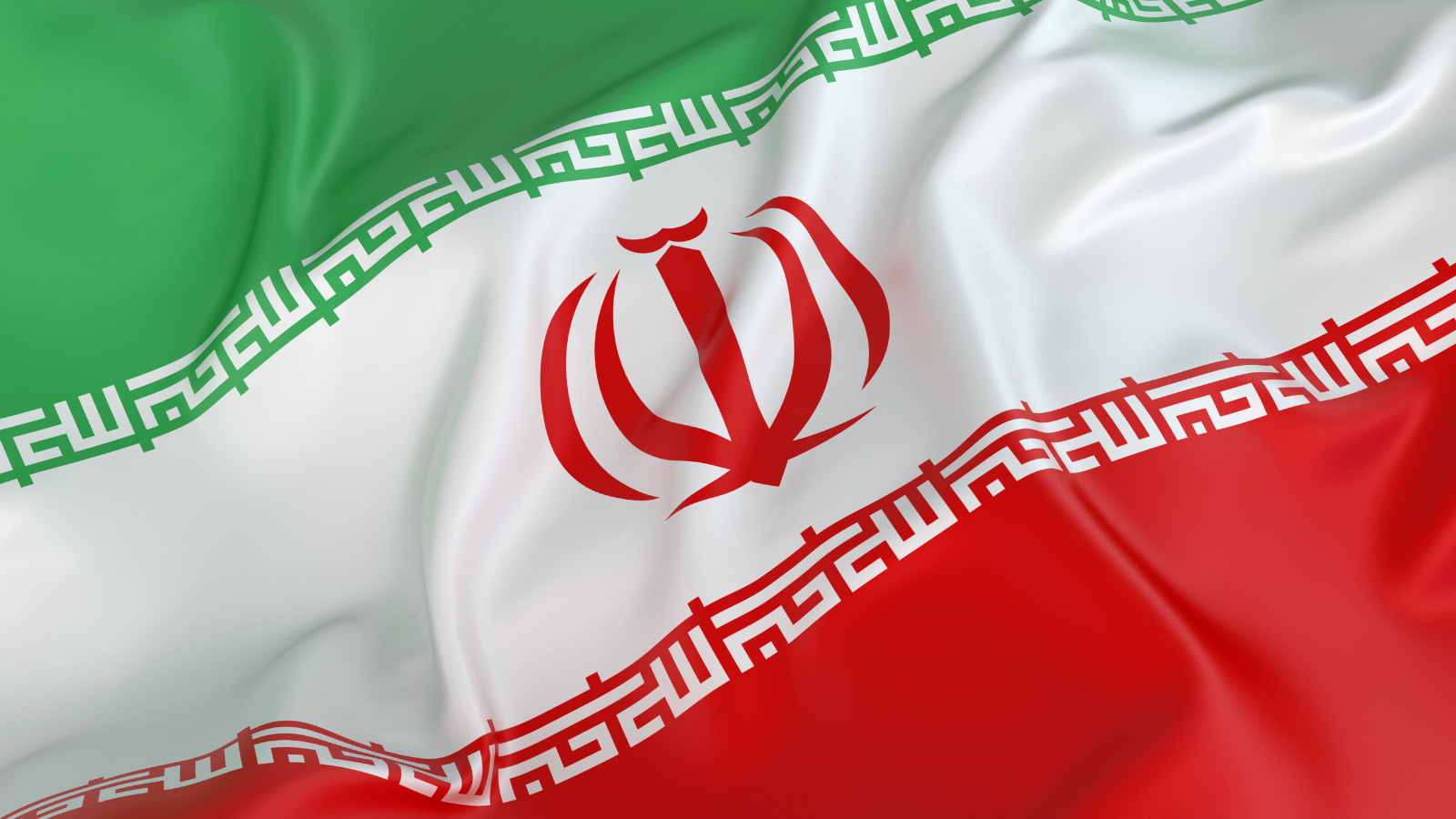A hundred days in office for the Trump administration has, at first sight, brought about tremendous distress to the already long-suffering poliparametric/multifaceted international order. According to a recent assessment in The New York Times of President Trump’s first 100 days in office titled “100 Days of Solitude: Trump and the Retreat of America”, “From the NATO alliance to the global trading system, Mr. Trump has swung a giant wrecking ball through the existing world order.” In other words, the successive crises of the last decades – the financial crisis, the Covid-19 Pandemic, and the Russian war of aggression against Ukraine, inter alia – and their consequences including the rise of nativist political forces vying for power in many, if not most, European countries coupled with a growing mistrust of political elites and institutions finds states, their institutions, and their societies under pressure. Under the mantra of both resilience and the need to sustain it, as well as the prolonged uncertainty of the international order, the quest for a viable, stable, normative order to replace the one that is currently being dismantled has become elusive.
Is a new international order with clearly defined parameters reflecting the power dynamics today an eventuality, never mind that fact that it is an aspiration of most states, societies, and analysts, or is the international order that is being created one of disorder, fraught with instability and prolonged conflict, both of low and high intensity?
The ascent of the Trump tsunami and its perplexingly revisionist agenda has compounded whatever assumptions one might have about the international order and increased the possibility of the development of consequential events that fundamentally uproot decade-long certainties. Let me explain.
Some of the terms that have made their appearance in recent years to explain the very real challenges leading to the possible reversal or uprooting of known certainties include references to “Black Swans” and “Gray Rhinos.” In the 2000s, Nassim Nicholas Taleb, a statistician and risk analyst, popularized the Black Swan Theory by arguing that the course of history is driven by rare and extreme events and developments that are beyond the realm of normal expectations. As Taleb describes it, a Black Swan event is one “that lies outside the realm of regular expectations, because nothing in the past can convincingly point to its possibility. Second, it carries an extreme impact. Third, in spite of its outlier status, human nature makes us concoct explications for its occurrence after the fact, making it explainable and predictable. These perturbations are not only large, they have lasting effects.”
Although disputed, one could consider that the assassination of Archduke Franz Ferdinand in Sarajevo in June 1914 was not necessarily considered as presaging the world war that ensued, although historians have written that the great and small powers were sleepwalking towards it. Also, the end of the Cold War could be considered a Black Swan as it took most people by surprise, although it has been extensively rationalized ex post facto. Closer to home, the 1973 Yom Kippur War, with the attack by Egypt and Syria against Israel across the Suez Canal and the Golan Heights, took both Israel and US intelligence by surprise. After the fact, it became clear that although the raw intelligence was present both to predict the eventuality of such an attack and to be prepared for it, it was riddled with misconceptions about Arab intentions and capabilities. Although the war did not upend the Cold War balance of power, its lasting effects reverberate in the region to this day. Similarly, the Iranian Revolution of 1978-1979, leading to the overthrow of the Imperial State of Iran and the Pahlavi Dynasty, caught the United States by surprise as it mistook all the signs of growing discontent in Iran. In this case, too, the transformative impact of the Ayatollahs’ durability on the Middle East is undeniable.
More recently, the Russian full-scale invasion of Ukraine in February 2022 was a black swan event, albeit Russia’s overt military buildup since 2021. The challenge posed by Russia’s aggression as well as its scope and impact on the international order is seismic given its unpredictable nature.
In contrast, a “gray rhino” is a metaphor for events with high impact which we ominously assess as probable, albeit distant, without fully perceiving their full dimensions. At some stage, they became a reality, and the world must face their consequences. The climate crisis, which has been on the world’s radar screens for years, but now governments, international institutions, and humanity as a whole must deal with its impact as a gray rhino as it evolves faster than the consensus and actions necessary to slow it down. The risk of the escalation of regional conflicts in East Asia and the Middle East is another example of a gray rhino, where prolonged inaction to mediate or resolve them could further destabilize our fragile global and regional political ecosystems.
The advent of the Trump administration made both black swans and gray rhinos more relevant than ever before.
According to the aforementioned New York Times article, the immediate aftermath of the implications of J.D. Vance’s Munich Security Conference speech of 14 February was that Europe was living a state of siege: “As Europeans filed out of the auditorium, dazed and angry, the message seemed clear: Not only was the United States abandoning Europe on security, but it was also turning its greatest ally into an ideological adversary.” Predictable or not, the US’s foreign policy U-turn is simultaneously a development of high impact, wrought with shock, surprise, and of long-lasting implications, even if the American President might reconsider his policy. The current discussion regarding NATO’s future and its viability raised repeatedly by Friedrich Merz, Germany’s new Chancellor, among others is another one of those “known knowns”, “known unknowns” and “unknown unknows” that George W. Bush’s Secretary of Defense, Donald Rumsfeld, was fond to refer to. According to Rumsfeld: “[A]s we know, there are known knowns; there are things we know we know. We also know there are known unknowns; that is to say we know there are some things we do not know. But there are also unknown unknowns — the ones we don’t know we don’t know.”
Similarly, the potentiality of an eventual partition, division, or cantonisation (call it what you may) of Syria between Turkey and Israel is a scenario that deserves our attention as its impact on the international system, should it be implemented, would be one of its further dismantling.
In our neighborhood, where most, if not all, states are at odds with at least one of their neighbors, the implications of further friction could be disastrous. Likewise, the inability to fully normalize relations between Greece and Turkey and resolve their dispute has led to the accumulation of several other issues which have been added to the long list of grievances between the two countries. This is turn has impacted on the ability of policymakers to move beyond ensuring that disputes do not escalate into full-scale confrontation. Imagine what a continued dismantling of all the institutions (such as NATO) that help keep the two countries in some sort of check could imply for the state of the bilateral relationship. Whether NATO survives the revisionist onslaught or is fundamentally recalibrated, and whether this is a black swan or a gray rhino development, its effect of the current form of the rapprochement process is undeniable, in particular given the significance of NATO for the dialogue on the military CBMs.
Given the high-impact nature of both black swans and gray rhinos, the probability of the manifestation of some of these in our region or affecting it is very real. Their impact could be devastating, if not fatal. As the countdown to the June NATO Summit has begun, while the scenario regarding its dismemberment remains on the table, it is high time to begin serious reflection, assessment, scenario-building, and preparation for action on how black swans and gray rhinos impact on our lives and our societies.








